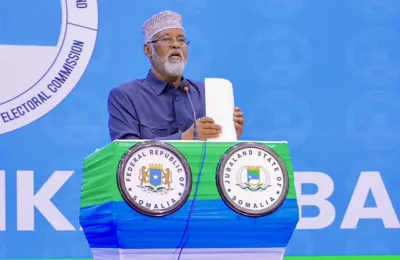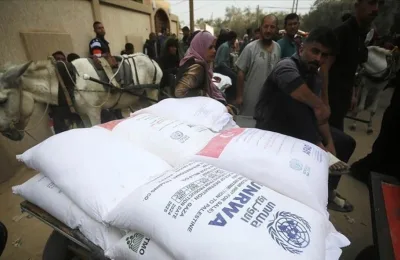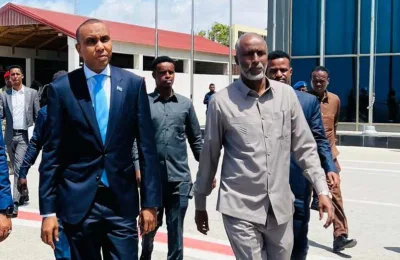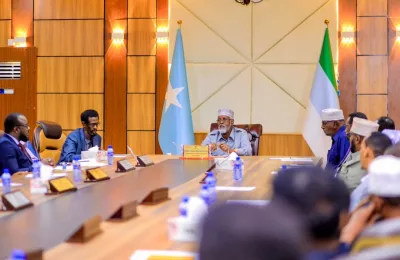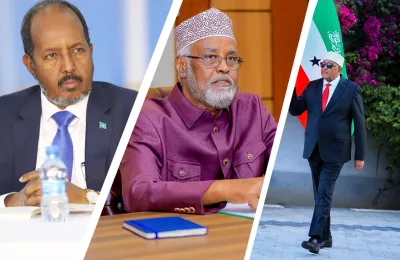Somalia is embracing a defining moment in its modern history as it prepares to transition from decades of clan-based power-sharing to an inclusive, democratic system based on universal suffrage. The country’s adoption of the “one person, one vote” model represents not just a technical shift in governance but a profound redefinition of power dynamics, equity and national unity. For Somalia’s youth—the majority of the population—this transformation could not come at a more critical time.
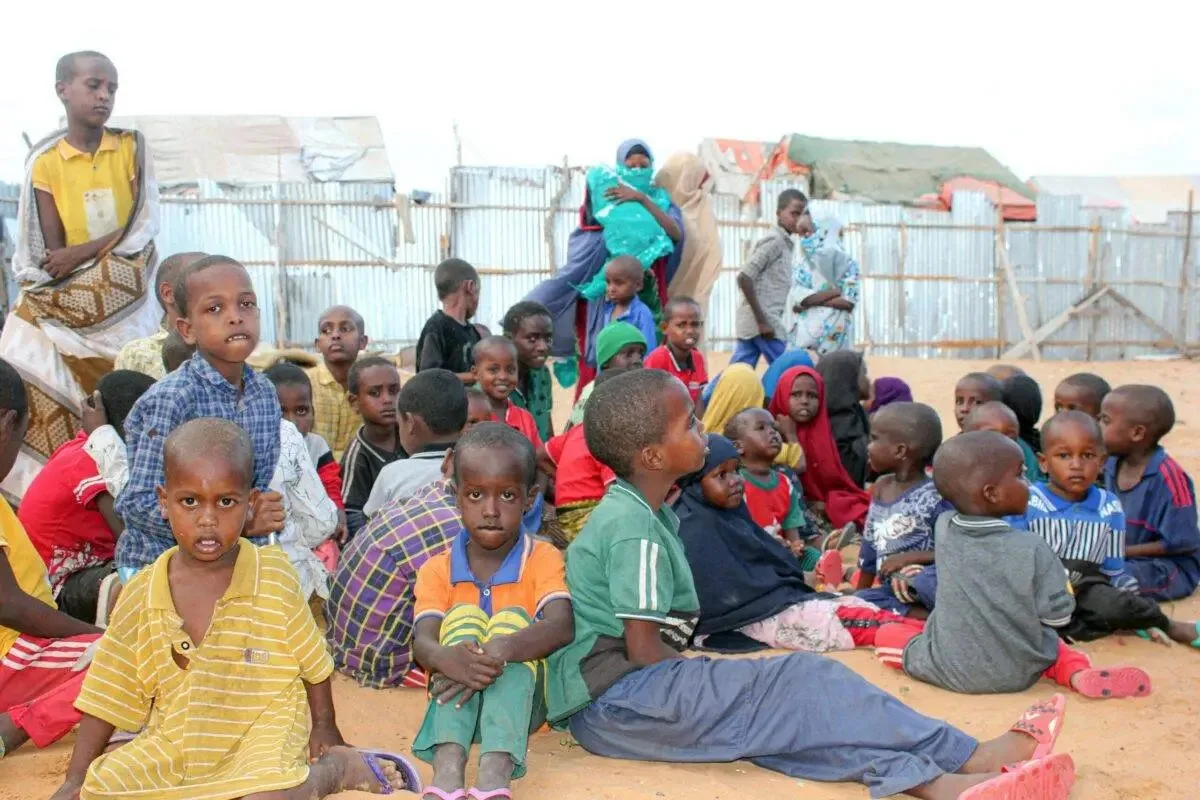
‘Breaking free from the past’
For over three decades, Somalia has operated under a clan-based political framework, where decisions have been dictated by narrow group interests rather than the collective will of the people. While this system offered stability during turbulent times, it also entrenched divisions and obstructed social and economic progress. The recent approval of the independent electoral commission and constitutional reforms signals the intent to dismantle this outdated structure, paving the way for a more inclusive, representative form of governance.
This shift is particularly significant for young Somalis, who have often found themselves excluded from meaningful participation in national decision-making. Clan politics, with its focus on lineage rather than merit, has alienated a generation of ambitious, talented individuals. Universal suffrage, however, restores the power to the people and, crucially, to the youth. It provides them with the tools to determine their leaders and influence policies that will shape their futures.
‘Youth as agents of change’
Somalia’s youth, who make up over 70 per cent of the population, stand to benefit the most from this transformation. By granting them a direct voice in elections, the reforms empower them to break free from cycles of political marginalisation. Civic engagement among the youth will no longer be a distant aspiration but a tangible reality. This empowerment is not just symbolic—it places young people at the forefront of shaping Somalia’s economic, social and political landscape.
Furthermore, a democratic system fosters accountability and transparency. Elected officials, knowing they are answerable to an informed and active youth demographic, will be compelled to prioritise policies that address key issues such as education, employment and infrastructure. This accountability could catalyze a wave of development and innovation, driven by young leaders who are deeply invested in the country’s success.
‘Challenges on the road ahead’
Despite these optimistic developments, the path to universal suffrage is fraught with challenges. Somalia’s political system is still fragile, and clan-based divisions remain deeply entrenched. Ensuring the integrity of elections, fostering trust in democratic institutions and combating disinformation are critical hurdles that must be addressed.
Additionally, Somalia must invest in civic education to equip its citizens—particularly young voters—with the knowledge needed to participate meaningfully in elections. Without such efforts, the promise of democracy risks being undermined by apathy or manipulation. Access to technology and digital platforms will also play a key role in engaging youth and facilitating informed decision-making in this digital age.
‘A new chapter for Somalia’
As one of Africa’s first democracies, Somalia has a storied history of governance that, while disrupted, remains a source of pride and resilience. The move toward universal suffrage reaffirms Somalia’s commitment to reclaiming its democratic legacy. For the youth, this is more than an opportunity to vote—it is a chance to redefine what it means to be Somali in the 21st century.
By taking part in the democratic process, young Somalis will become architects of their own destiny, shaping policies that reflect their hopes and aspirations. They will dismantle barriers that have long stifled progress and lead Somalia into an era of peace, prosperity and unity. Universal suffrage is not just a political milestone; it is a generational awakening, a call to action for young people to claim their rightful place as leaders and visionaries.
Somalia’s future is bright, but it depends on the willingness of its youth to embrace the challenges and opportunities of democracy.
By: Suleiman Bashir Mohamed
Suleiman Bashir Mohamed is a communication specialist and youth advocate.


